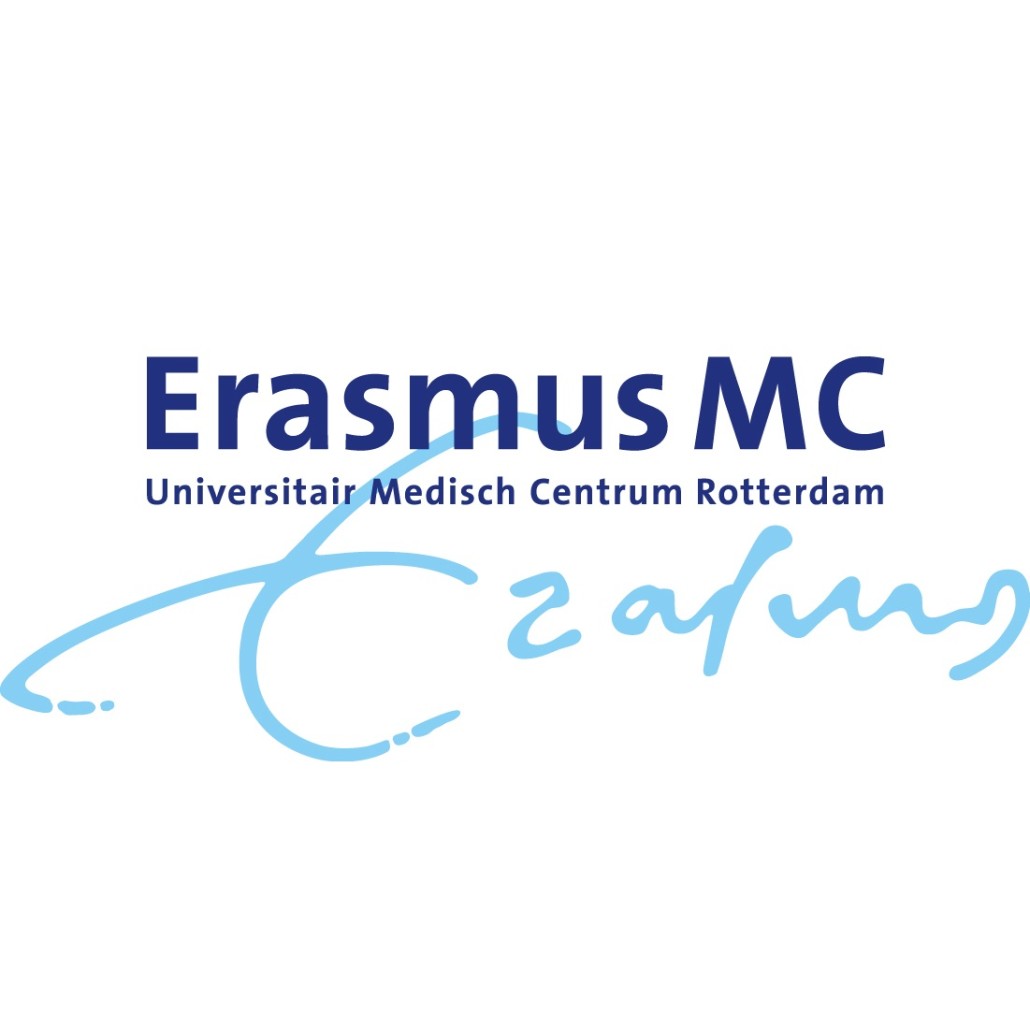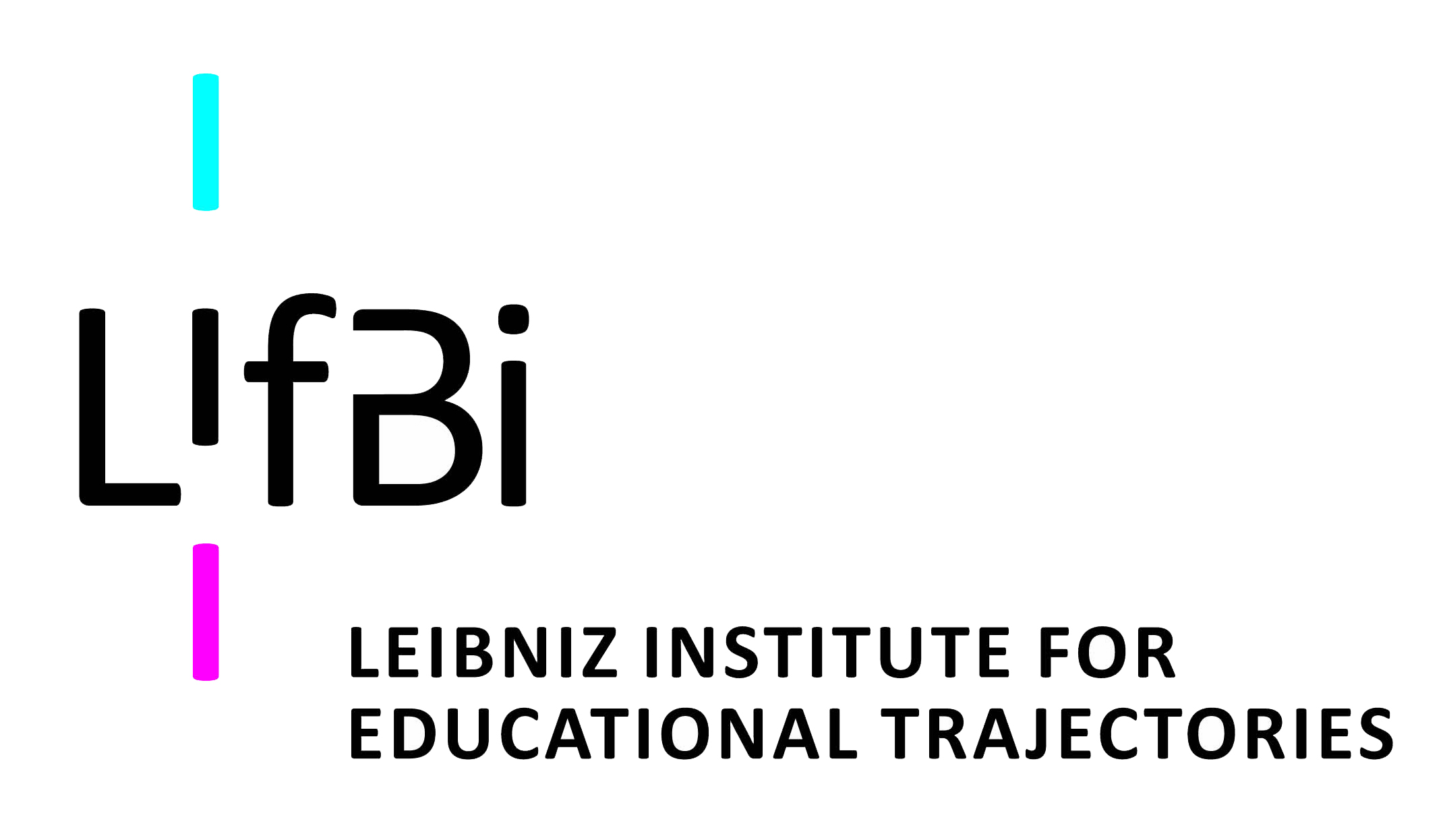News, Blogs & Events
Persistence, Persistence, Persistence
The New Year is traditionally a time of reflection and setting new goals.
The first year of the SEED project has been a busy one and while reflecting back on some of my endeavours during 2018 one thing stood out. As part of the UK team I’ve noticed we have a problem in the UK and that problem is our government.
I’m not alone in this thinking and experience. As academics engaging people in our research and demonstrating the impact of that work is vital on a number of levels. Outside of publishing our research, engaging government and policy is often seen as the gold standard for impact, such as, having your research affect policy and legislation. But increasingly working with government, politicians and policymakers is a real struggle, almost impossible.
What has caused this problem? Well it has always been difficult to engage government but the obvious answer is Brexit (the UKs departure from the European Union). Regardless of personal politics it has become a constant and all-consuming part of our lives. For the UK government and its various departments Brexit has taken increasing time and resources, in many cases it is the only item on the agenda. The problem with such a singular focus and diversion of resources is that work on everything else reduces or stops.
Social inequality/justice is one of the most important areas that has suffered as a result. Prior to the referendum it was one of the top government priorities, even Theresa May in her first address as prime minister back in 2016 outlined social inequality as one of the top issues the UK faces[1]. However, since that address we’ve seen rising levels in the UK of social inequality, reduction in services and support for the most vulnerable in our society, and increases in child poverty. Early in 2018 I saw Alan Milburn speak at a conference. He is an ex-government minister and was the head of the Social Mobility Commission until he and the whole board quit at the end of 2017 because of government inaction on social equality issues[2]. It took nearly a year to form a new board and the first publication from the re-staffed commission did not paint a happy picture, with the new chair noting that “this is a wake-up call for the government…”[3].
On a wider scale in November 2018 Philip Alston, the United Nations Special Rapporteur on extreme poverty and human rights, visited the UK and produced a damning report regarding the inaction and bad political decisions and policy made by the government towards social inequality since the economic recession which began in 2008[4][5].
With such a detrimental shift in focus to a single issue, the obvious solution is to make all research relevant to Brexit in an attempt to be heard. Back in May 2018 I attended a parliamentary workshop for academics where the advice was exactly that, if you want to get government to engage and listen to your research then make it about Brexit. For a project like SEED this isn’t too difficult. Child development and what happens in the early years of a child’s life influences all aspects of their future; health, education, employment, and social inequality is a key component of this.
Towards the end of 2018 I attended two events, one which involved staff from the Department for Education and the other with staff from the Department for Work and Pensions. Both were great opportunities and I was ready and prepared, armed with my arguments for why the research SEED is doing is important, welcoming contributions and collaborations. I can only describe both events as frustrating, with neither department willing to engage in our work at this time.
On some level I can understand this, on the morning of the event with the Department for Work and Pensions the government minister for that department had just resigned. Another by-product of Brexit is that we now have constant turmoil and uncertainty as government officials frequently move in and out of jobs and roles[6]. This makes communicating and engaging government in research difficult on both sides.
However, it is very frustrating when more broadly as a project we’ve already had some very positive outcomes and have been able to engage with European and International partners, working towards collaboration with the USA and Australia, and being invited to speak with and make recommendations to the European Commission (as detailed in a previous blog post[7]).
So what now? What’s my New Year’s resolution from all this?
I am nothing if not persistent. Many years ago I trained as a teacher. During that time we had to have a number of observations to assess our teaching and to get feedback on how we could improve. I can remember one particularly tough observation where I was teaching a difficult subject in one of the worst timetable slots. It wasn’t my finest teaching hour but we all got through it, the assessor and I had our debrief after the lesson and at the end of it they said ‘I’ve got to hand it to you that was a tough group but you kept going and persisted there’. Perhaps not the greatest compliment, essentially I’d talk so much at a group of rowdy teenagers that they just gave up and eventually listened, but I took it as a positive.
I’m using this anecdote because it seems to be the only thing as researchers that we can do. None of these issues are going to be fixed easily or overnight, so as researchers we just have to keep talking, shouting, and sharing our work. SEED as a project will be running for another two years, until December 2020, outliving many politicians and surviving Brexit (however that manifests). Hopefully this is plenty of time for us to persist and have some impact within the UK.
Last modified: Tue, 22 Jan 2019 13:54:26 GMT





